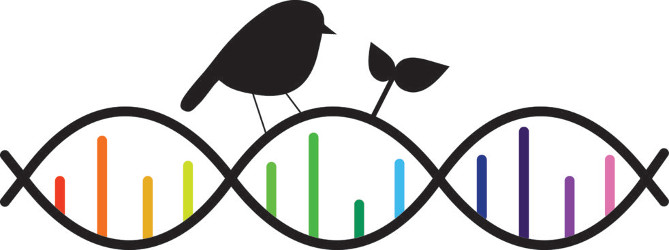Our group’s motto: We are all smart and kind, don’t distinguish yourself by being otherwise.
As co-founders of the Kindness in Science Collective, we embed kindness in how we work and how our science is conducted.
Kindness in Science is an inclusive approach that fosters diversity, respect, well-being and openness leading to better science outcomes.
For more resources on Kindness in Science, see the links below:
An introduction to Kindness in Science
“Should we steer clear of the winner-takes-all approach?” by Kendal Powell, Nature (Careers Feature, featuring interviews from #ConSERTeam’s A/Prof Tammy Steeves and PhD candidate Stephanie Galla)
Why Kindness in Science is needed
“These labs are remarkably diverse – here’s why they’re winning at science” by Kendal Powell, Nature (News Feature)
“Science benefits from diversity” Nature (Editorial)
How Kindness in Science can be embedded
Both individual and structural change will be necessary to enable a diverse science community. Examples of how this might be achieved include:
Individual Change
“Ten simple rules towards healthier research labs” by Fernado T Maestre, PLOS Computational Biology (Editorial)
“Transforming mentorship in STEM by training scientists to be better leaders” by Amanda K Hund et al., Ecology and Evolution (Category: Academic Practice in Ecology and Evolution)
“How some men are challenging gender inequity in the lab” by Kendall Powell, Nature (Career Feature)
“Lab heads should learn to talk about racism” by Devang Mehta, Nature (World View)
“Work-life balance: Break or burn out” by Kendall Powell, Nature (Jobs Feature)
Structural Change
“What does it take to make an institution more diverse?” by Virginia Gewin, Nature (Career Feature)
“A better measure of research from the global south: funders Jean Lebel and Robert McLean describe a new tool for judging the value and validity of science that attempts to improve lives.” by Jean Lebel & Robert McLean, Nature (Comment)
“Zoom in on the big picture: Academic reward structures discourage the pursuit of vital research” by Richard Kingsford, Nature (Index)
